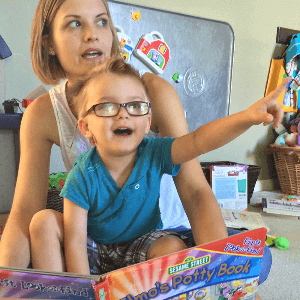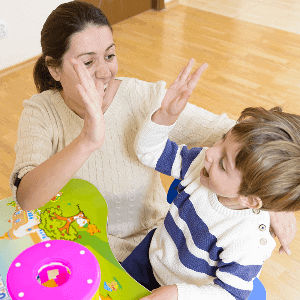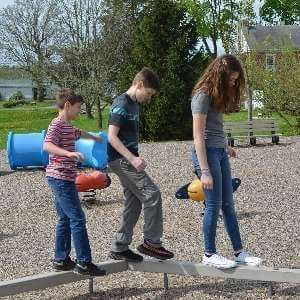I’ve been consulting with children and a few adults with autism for many years now. I had a revelation soon after I published my book The Verbal Behavior Approach. I now believe that there are three main skills every child and adult with autism needs to be successful. These skills for autism, I believe, are the most important skills regardless of the person’s age or level of functioning.
Attend a FREE Workshop!
The Big Three skills include:
- Problem behaviors at or near 0
- The ability to request wants and needs
- Independent toileting
Parents and professionals should focus on social skills, safety skills, and life skills. The big three above are a good place to start. Whether your child is 5, 15, or 50 years of age, without these three skills he or she will have little opportunity for inclusion at school or in the community. In addition, without these skills for autism, parents often cannot access babysitters, respite providers, schools, or work opportunities for their children. They also have a difficult time taking their children to pools, restaurants, on planes and even to visit friends or relatives.
These 3 big skills for autism are not properly addressed in schools. For instance, parents and educators hyper-focus on academics and getting a child to a certain reading and math level. But maybe the child’s language, toileting and problem behavior reduction need more attention and are taking a back seat.
Assess the Situation
One of my previous clients, I’ll call him Danny, was talking in full sentences and was fully independent with toileting. I was called in when he started having problem behaviors like pounding the desk, screaming and even knocking over a chair and table. Whenever I see issues with problem behaviors appear, I always think first: could it be a medical issue? Especially if the behaviors happen abruptly.
But if problem behaviors are happening more chronically and getting worse over time, I usually find that the demands on the child are too high and/or reinforcement is too low. The child needs a full assessment to ascertain what is truly going on. In Danny’s case, the demands were way too high. Danny never learned how to use language like “This is too hard,” “Can you help me?” or “I need to take a break.” Basically, when things got too difficult, Danny screamed and turned over chairs to make the work stop.
Danny had toileting down pat but his major problem behaviors were not at or near zero. And even though he could talk in sentences, he was not able to request help. Or tell his teacher that the work was too hard. These are social skills he needs for daily living.
Set Goals for the Big Three Skills
I know from both personal and professional experience that if individuals with autism do not have these 3 big skills, it is going to be very hard to have the child included in general education. Sometimes a more restrictive school is needed. Danny’s teacher, for example, recommended that he be transferred from public school with an ABA focus to a private autism school. That school had children with much less language and worse problem behaviors. Luckily for Danny, I assessed him fully and put a plan in place to keep him within his neighborhood school.
I encourage IEP teams and parents to write goals focusing on these 3 big skills for autism. There is no point in focusing on reading or math if the child cannot communicate in some way that they want a snack or are exhibiting severe problem behaviors.
My goal is for every person, child or adult, with autism is to have them be as happy and independent as possible. Teaching these big three skills to children and adults with autism will help them be both.
For more information on the big three skills for autism, read my book The Verbal Behavior Approach. Specific chapters you should look at are chapter 2 (reducing problem behaviors), chapters 4-6 (pairing and manding), and chapter 11 (toilet training).
These living skills are important for all individuals with autism, whether they are 5 or 50. Happiness and independence is huge and lead to a higher quality of life. Do you have a child or client that has autism or signs of autism? Take my quiz at marybarbera.com/quiz to learn which next steps to take. After the quiz you’ll get access to a free workshop as well. So don’t forget, read my book The Verbal Behavior Approach and take my free quiz at marybarbera.com/quiz.






